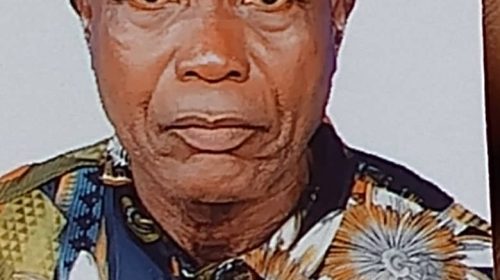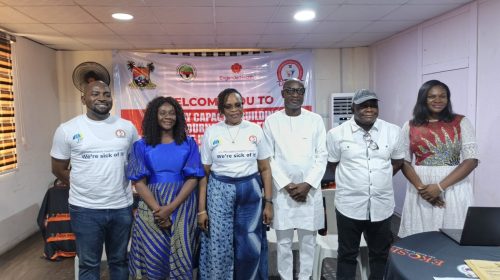UNICEF, Zamfara Govt. Enroll 4,099 Girls In Schools

Girls (G4G) initiative of the United Nations Children’s Fund (UNICEF), introduced in August 2017, had succeeded in enrolling 4,099 girls in schools.
Mr Tayo Fatinikun, Executive Director, Life Helpers Initiative, made this known at a two-day Media Dialogue on Girls for Girls Initiative in Gusau on Monday.
He explained the enrolment also centred on developing girls interest in education, life skills and health.
Fatinikun said the 4,099 girls enrollment were spread to 100 selected schools in six Local Government Areas of Anka, Talatu-Mafara, Shinkafi, Kaura-Namoda, Bugudu and Tsafe.
He added that each of the schools had three mentors who were trained to relate with the girls on their challenges.
He also said that out of the 4,099 girls, 960 among them were trained on social, vocational and health based issues.
According to him, the initiative is a school-based safe space, extra curriculum activities established in support of the enrolled girls, especially in the Local Government Areas (LGAs).
“Zamfara is one of the educationally disadvantaged states of the federation with very poor and low enrollment, retention level and strong disparity between boys and girls enrollment.
“Our targets are the children, women of reproductive age, youth and the community structures.
“For this project, since its inception in August 2017, we have been able to enroll a total of 4,099 girls spread across six LGAs of the state.
Fatinikun further noted that the project had also achieved ground breaking milestones in enhanced learning attitudes, re-enrollment of over 165 out-of-school girls through the activities of the in-school membership.
He added that there had been state involvement through creative and dynamic leadership of State’s Universal Basic Education Board (SUBEB).
He said that the board had active participation of mothers to support the education of their girl child, adding that 150 mentors had been trained on health and education issues to assist the girls in these areas.
On the challenges faced in the project, Fatinikun said insecurity in some communities and LGAs had hindered the educational progress of some girls.
“Some communities are very volatile and so there is need for the government to provide security for schools in the area.
“Low infrastructure development is another threat to the education of the girl child and so there is need to provide conducive learning facilities for the girls,” he said.
He, however, called for private donor’s involvement to support the programme so that the results could have greater impact.







Leave a Reply